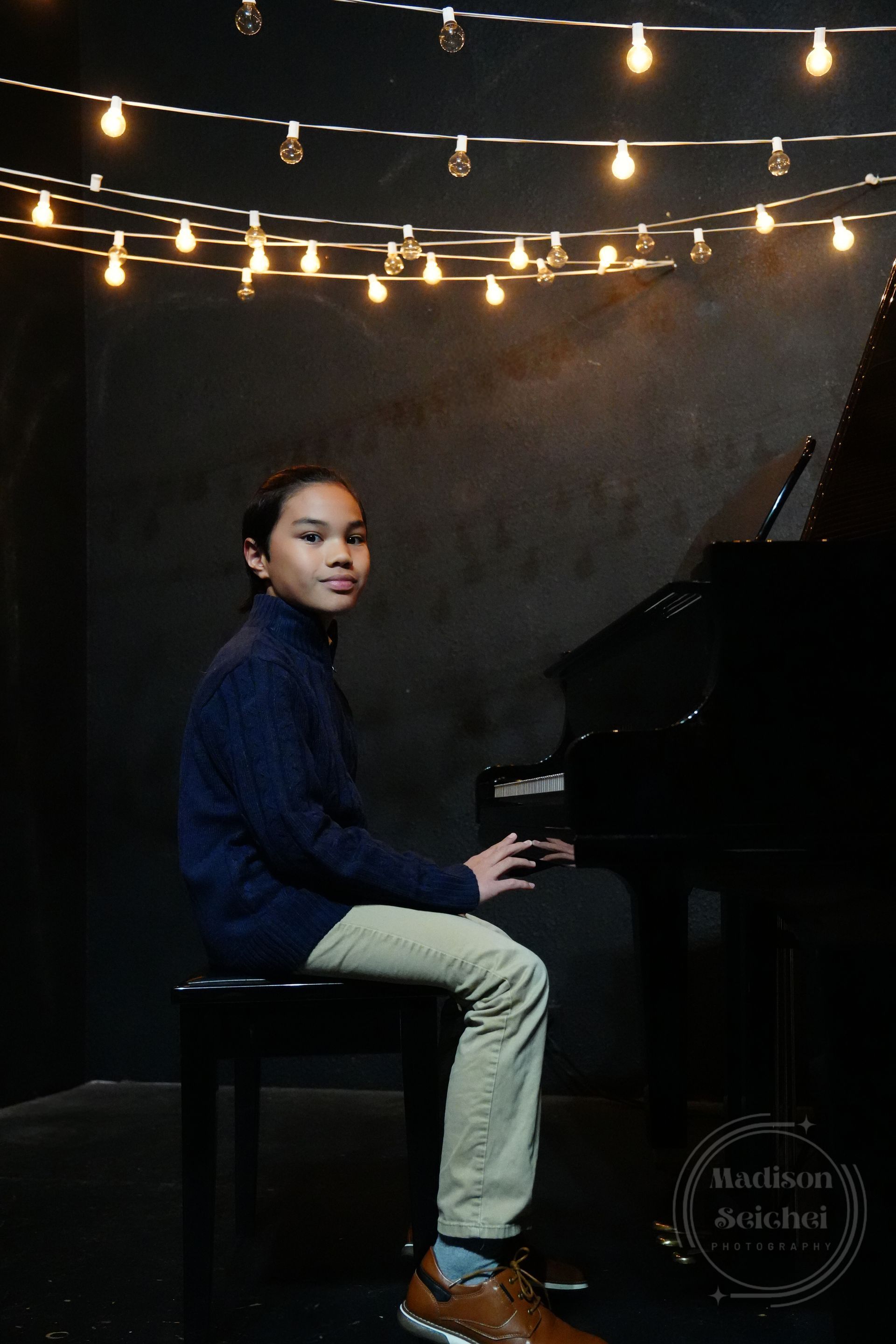Hi Music Maker Families!
I’m Mr. Michael from NewSongs Music School, and if you’ve ever heard your child groan at the mention of practice time—you’re not alone.
Whining, stalling, bargaining, outright refusal… Sound familiar? These moments can leave even the most patient parent wondering, “Is this even worth it?”
Here’s the truth: Yes, it is. And it can get better.
First—You’re Not Failing
Let me start by saying this clearly:
If practice has been a struggle in your home, that doesn’t mean your child isn’t musical. And it definitely doesn’t mean you’re doing something wrong.
Learning to play an instrument is hard. It’s full of highs and lows, breakthroughs and breakdowns. And just like learning to read, ride a bike, or tie shoes—it takes time, support, and a whole lot of grace.
Sometimes your child is frustrated because it’s challenging.
Sometimes they’re bored because it’s repetitive.
And sometimes… they just forget!
This is all normal.
What You Can Do: Simple, Supportive Strategies
Here are a few things I’ve seen work wonders over the years—for my students, my own kids, and yes, even myself:
🎵 1. Create a Consistent Routine
Choose one regular time each day for practice. Maybe it’s right after school, before dinner, or five minutes before bed. Predictability lowers resistance and builds habit.
Even 5–10 minutes a day makes a difference. You don’t need marathon sessions—just moments of focused attention.
🎵 2. Celebrate the Little Things
Did they finally play that tricky part without stopping? Nail the rhythm in measure three? Play a whole song from memory? Celebrate it. Clap, smile, high-five.
These small wins might seem ordinary, but they fuel the motivation to keep going.
🎵 3. Be Present, Even Briefly
You don’t need to be musical yourself. Just be curious.
Ask: “Can I hear your favorite part?”
Or: “What’s the hardest part today?”
Being there shows your child their effort is seen and valued.
🎵 4. Use a Timer—And Keep It Short
Set a timer for 5–10 minutes and say, “Let’s just focus during this time.” Once it becomes routine, kids often surprise us by wanting to keep going.
It’s About Progress, Not Perfection
At NewSongs, we remind students—and their parents—that perfection isn’t the goal. Growth is.
Mistakes? They’re not only okay—they’re essential.
Each wrong note is a step toward the right one.
Each moment of struggle builds grit, patience, and resilience.
When a student works through a challenge, they’re not just becoming better musicians—they’re becoming more confident and capable human beings.
From One Parent to Another
As a parent myself, I get it. Some days you’re the coach, the cheerleader, the timekeeper, and the motivational speaker all rolled into one.
Take a deep breath. You’re doing great.
And remember—you're not alone. Our teachers at NewSongs are here not just to teach your child, but to support you, too. We love helping families find creative ways to make practice time feel rewarding, even fun.
Because at NewSongs, we’re not just teaching music.
We’re supporting growth through music.
If you’d like tips specific to your child or want to talk through what practice could look like at home, I’d love to chat. We’re in this together—one note at a time.
With encouragement,
Mr. Michael
Founder of NewSongs Music School
Author of Mr. Michael’s Music Maker Manual






